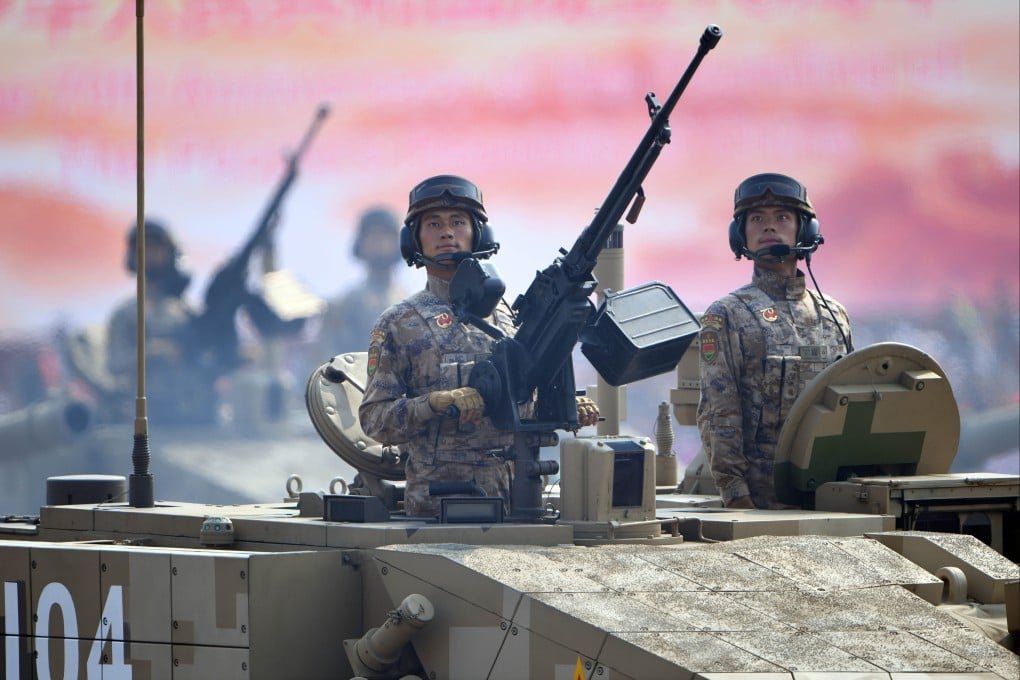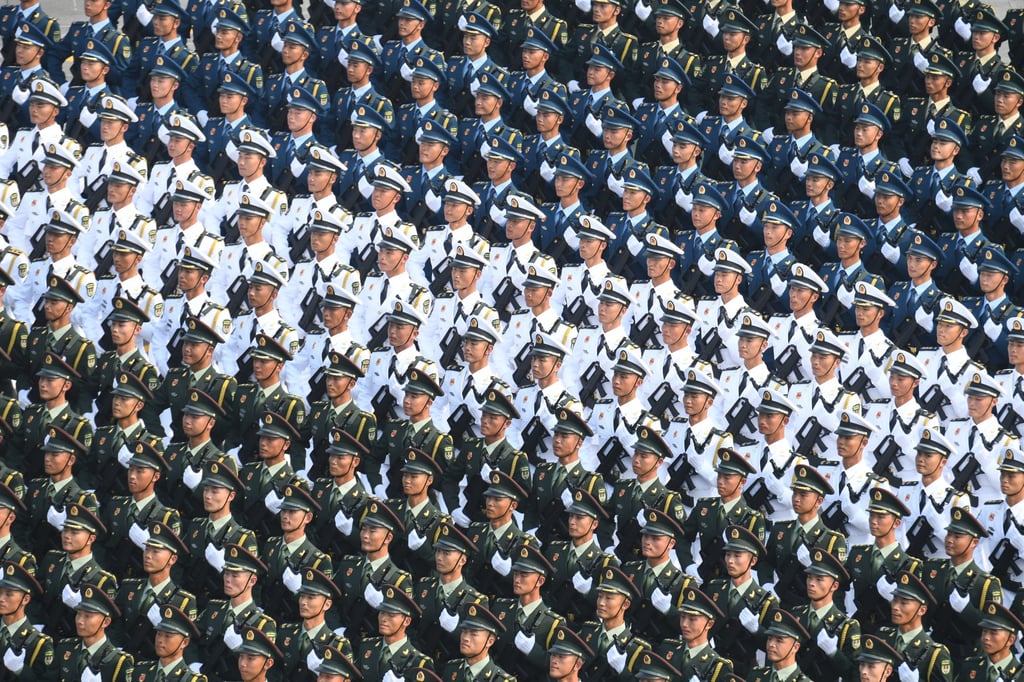PLA recruitment relaxes age limits, focuses on STEM skills
- Taiwan crisis not expected to spur major boost in people’s willingness to join army, says officer in Hubei
- ‘Personal affection’, gaining employment and prospect of civil service position seen as main drivers

In the second phase of this year’s recruitment programme, starting this month, the age limit for postgraduate students has been lifted from 24 to 26, according to the PLA’s Eastern Theatre Command, which oversees operations around Taiwan.
It also said priority would be given to recruiting students in universities’ science and technology schools and those with skills necessary for fighting in a war.

The Global Times reported on Monday that such STEM skills include those related to the internet, communication, engineering, surveying and drone operation.
Yu Qi, from Zhejiang province, told Chinese state broadcaster CCTV on Tuesday that he wished to “serve the motherland with his righteous ardour”.
“The recent situation in the Taiwan Strait has worried every one of us, and it has also shown that peace can only be attained by a country’s power,” he said. “I am willing to serve the motherland and make the title ‘soldier’ my lifelong glory.”
Yu, in his early 20s, was among 110,000 people in Zhejiang who recently applied to join the PLA, with nearly 70 per cent holding university degrees, CCTV reported.